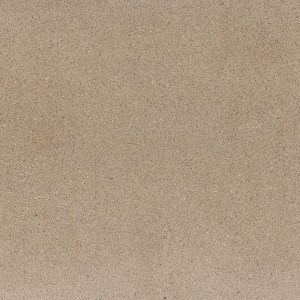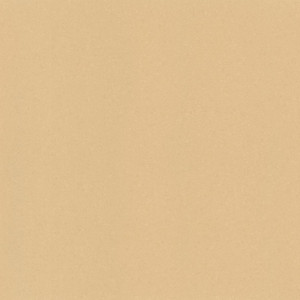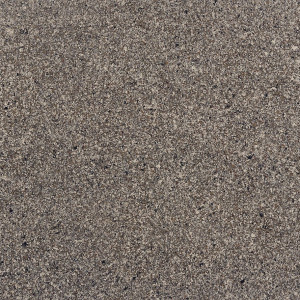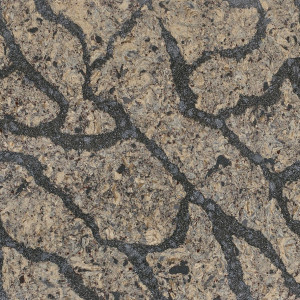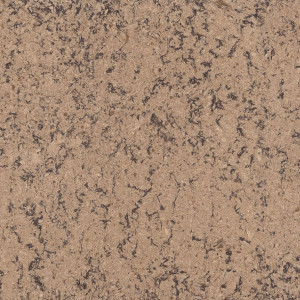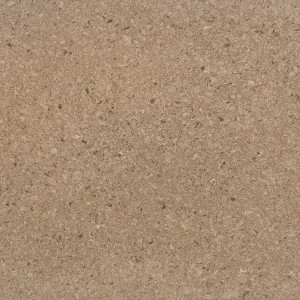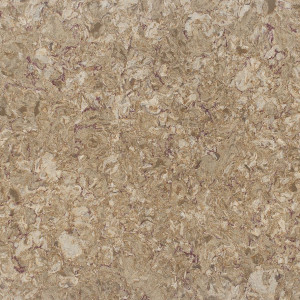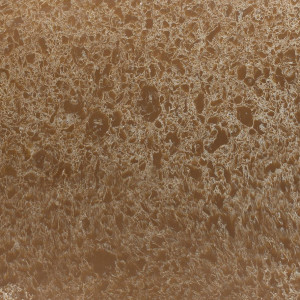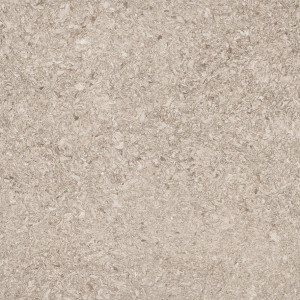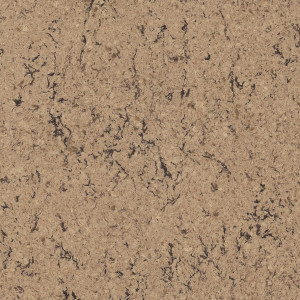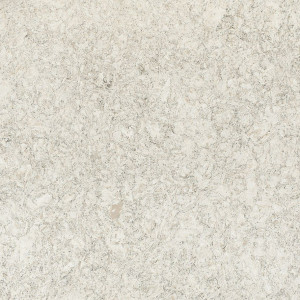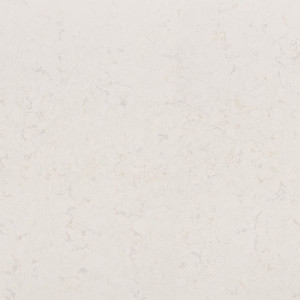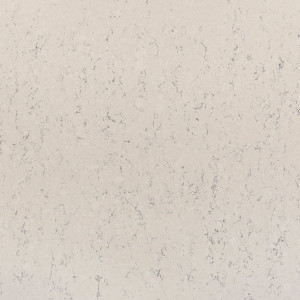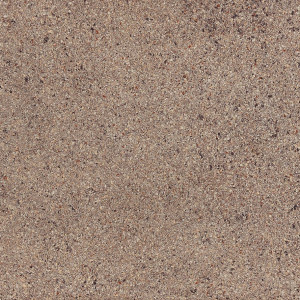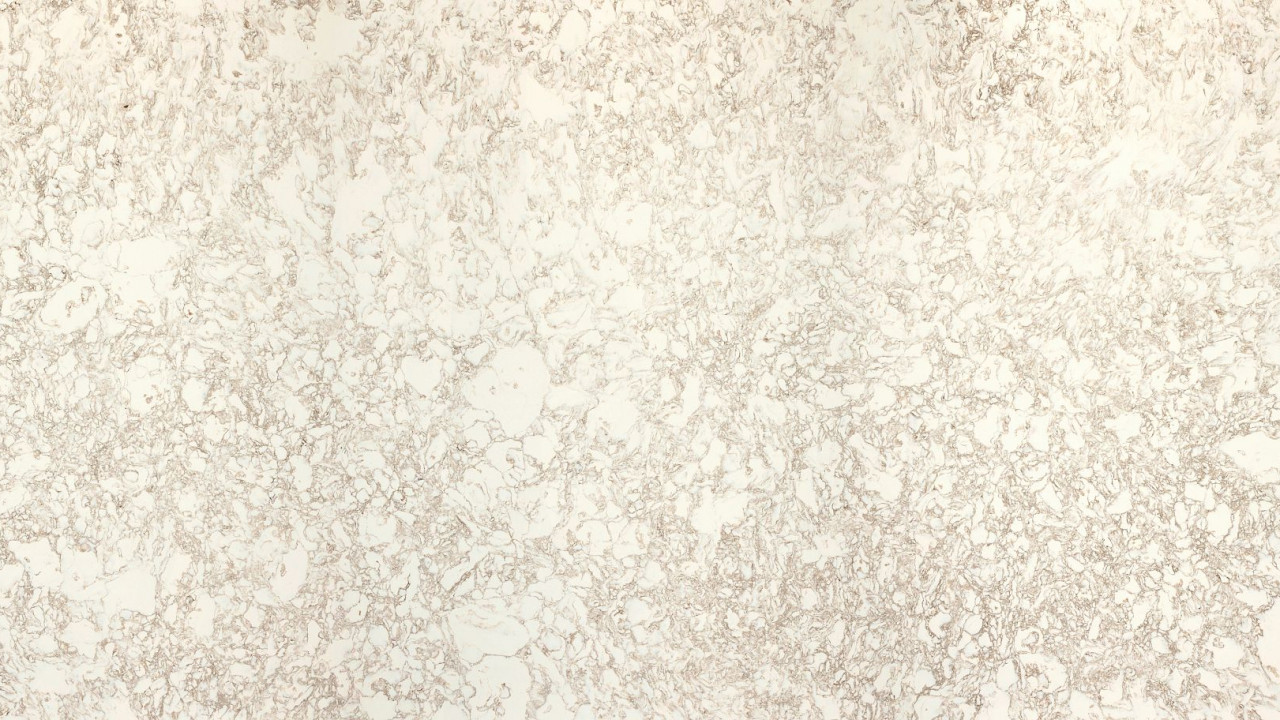
Hermitage Quartz
Hermitage is a quartz surface with a mass of tight and open-ended patterns, made up of gentle gold veins. The movements of the gold swirl and shimmers with delicate effects. Patterns and designs that are conveyed throughout the Hermitage are especially intricate since the Hermitage glistens from where the viewer stands.
Homeowners envision a clash between light and dark spaces that open and close throughout the stone’s texture. The Hermitage is typically used for vanity tops and sinks that radiate the rest of your bathroom. Swirls of gold contrast the gaps of the creamy white base, recreating a design that could arrange new proponents of the space. A prestigious stone to utilize for pristine settings, Hermitage is useful for contemporary and classic settings. Homeowners that desire a hygienic look to their washing spaces will see the glistening appeal that the Hermitage has to offer. Quartz such as the Hermitage is especially beneficial for homeowners that wish to fuse functionality and visual inspiration. The gold and white that shines off of the Hermitage will reflect all of the possible aesthetics that you can conceptualize. Hermitage is a stone that uses outlines to delineate its contrasting look.
Material Type: Quartz
Country of origin: Other
Colors: White, Beige
- 1. Do quartz countertops need to be sealed?
- Quartz is a non-porous material and therefore it does not need to be sealed.
- 2. Is quartz heat resistant?
- While quartz countertops can withstand some heat, it is always recommended to use trivets when placing hot objects on quartz countertops.
- 3. Can I cut on a quartz countertop?
- Quartz is scratch resistant, however it is always recommended to use a cutting board when cutting on the countertops.
- 4. Is quartz stain resistant?
- Yes, unlike natural stone, quartz is resistant to most common types of stains.
- 5. Where can I install quartz?
- Quartz can be installed on most surfaces around the home, including kitchen countertops, backsplashes, vanity tops and more.
- 1. Do you provide free samples? How many samples can I take?
- At marble.com samples are free, and we encourage our clients to take up to ten samples per visit.
- 2. What materials can I find at your facilities?
- All Marble.com facilities carry slabs of granite, quartz, quartzite, marble, soapstone, slate, limestone, and travertine. Our Ridgefield Park yard has the largest selection, also offering slabs of gemstone, porcelain, and glass.
- 3. Why should I see a slab in person?
- Since every slab of natural stone is completely unique, we recommend visiting one of our facilities to see slab patterns and variations in person.
- 4. Where does your material come from?
- At marble.com we source our stone only from the most reputable quarries from around the globe, including those from Italy, Spain, Brazil, and India.
- 5. Why is some stone more expensive than others?
- Stone slabs that are extremely rare and boast unique colors tend to be more expensive than commonly found stone.
- 6. Do I have to seal natural stone?
- We do recommend sealing natural stone countertops periodically, the frequency of sealing the stone depends on the material.
- 7. What is a honed finish?
- A honed stone finish refers to the smooth, matte surface of the material, which creates a visibly lighter and softer tone. While honed finish might be an ideal design choice for some homeowners, it also makes the stone more susceptible to staining and etching.
- 8. Can a chip on my countertop be repaired?
- Most chips, smaller than a dime in diameter, can be repaired by the homeowner using a chip repair kit. We do recommend professional service care for larger chips.
- 9. Can I install my own countertops?
- We recommend professional installation, completed by our trained technicians for all major projects, however some smaller pieces may be installed by the customers.




 Facebook
Facebook
 Twitter
Twitter
 E-mail
E-mail
 LinkedIn
LinkedIn
 Pinterest
Pinterest
